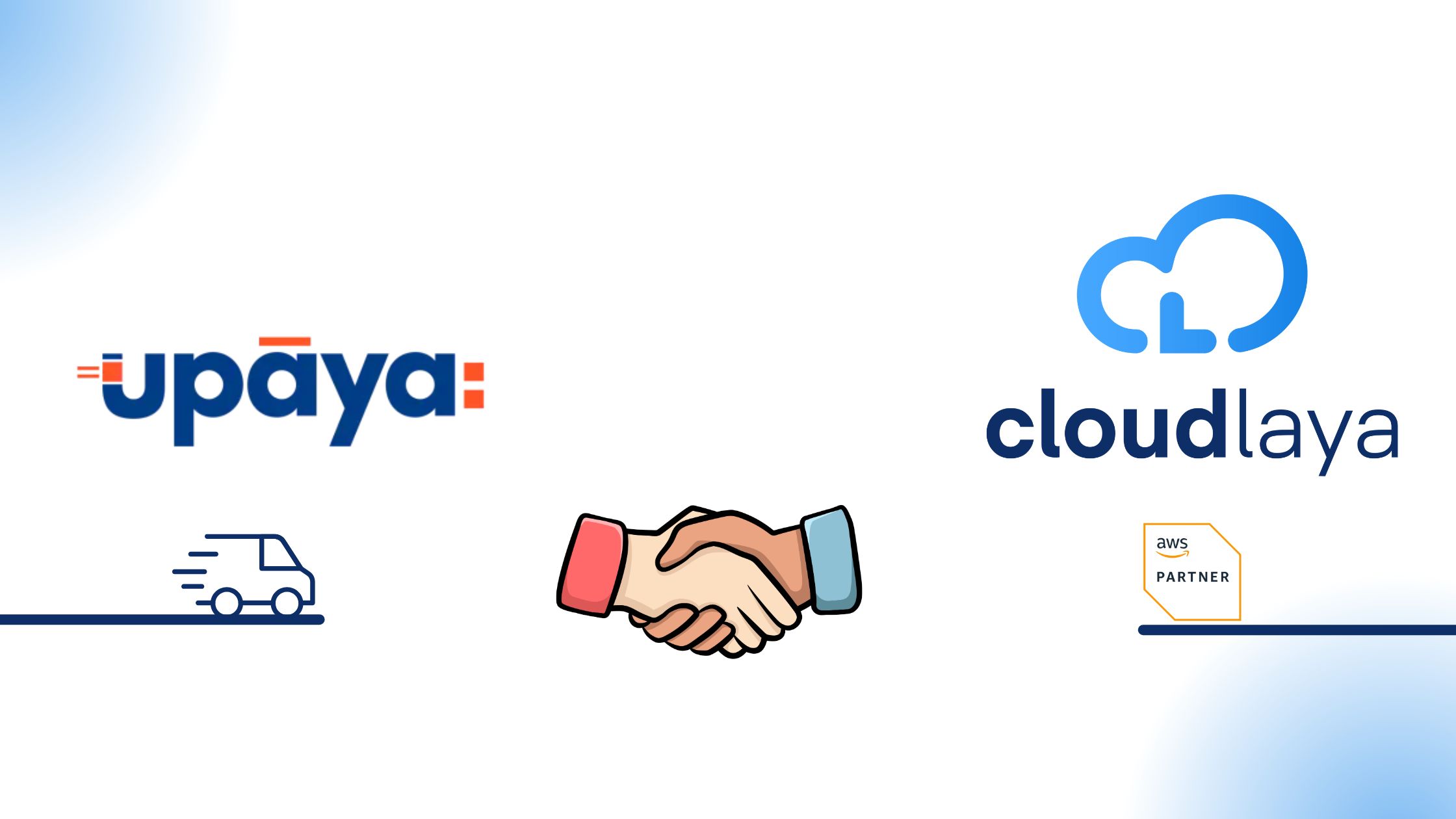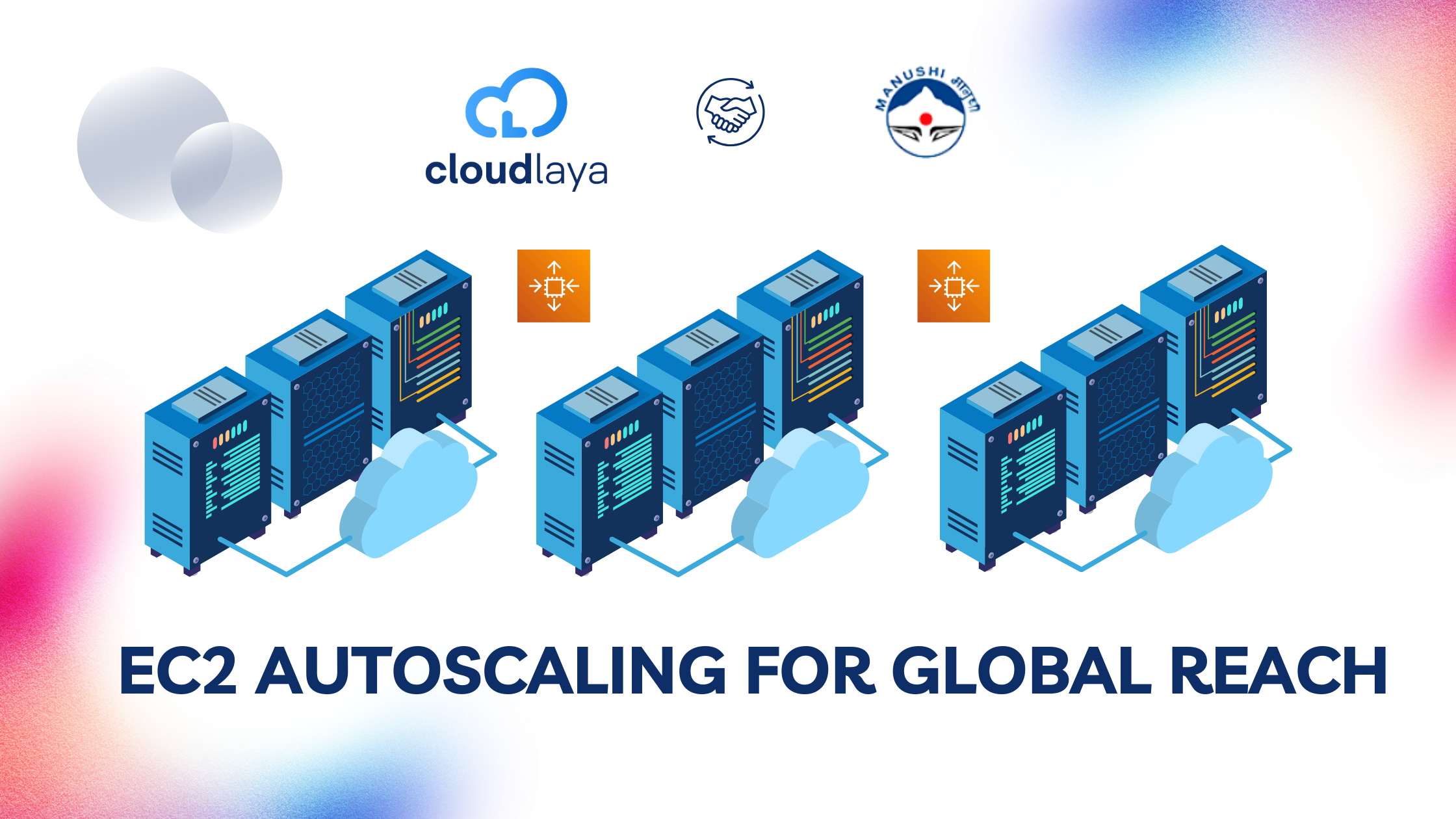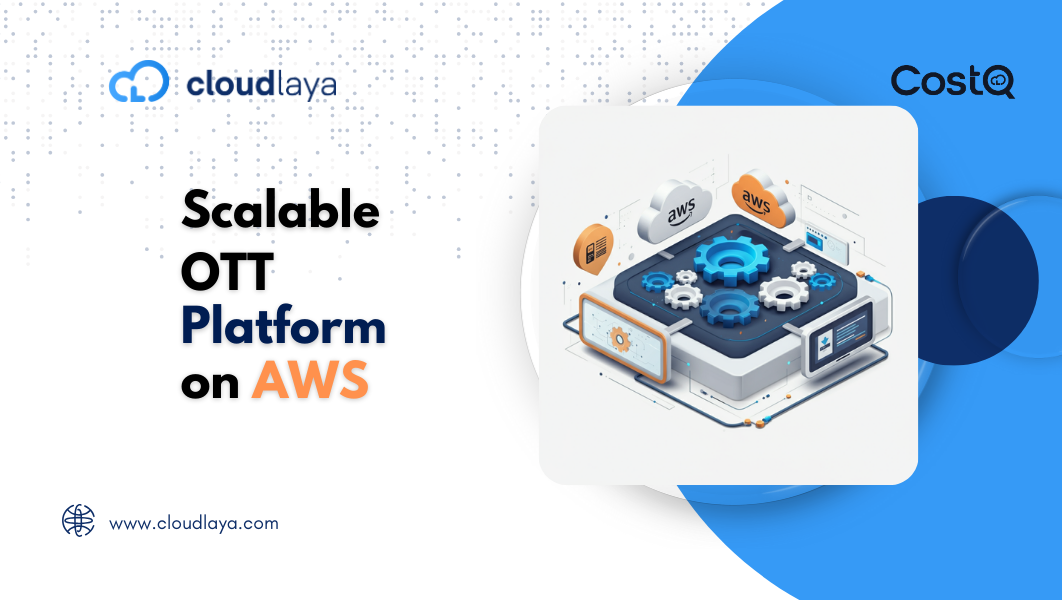
Optimizing the AWS Architecture and Cost for Upaya City Cargo
Table of Contents
Optimizing the AWS Architecture and Cost for Upaya City Cargo
Company Background
Upaya City Cargo is a technology-driven logistics service company that operates throughout Nepal. Upaya, with a purpose to modernize the logistics business, provides a comprehensive suite of logistics solutions for both intra-city and inter-city deliveries. The company’s goal is to become Digital Nepal’s logistical backbone, offering smooth and efficient delivery services.
Problem Faced By Upaya City Cargo
As Upaya City Cargo extended its services, it encountered various issues with AWS architecture and cost management. The system needed to accommodate thousands of concurrent users efficiently, but the old infrastructure couldn’t handle peak demands, resulting in performance loss. Furthermore, when consumption increased, AWS infrastructure prices rose significantly, and a lack of cost-optimization measures resulted in wasteful investment. Maintaining system stability and availability was critical for smooth delivery operations, but frequent downtime and latency issues degraded the customer experience.
Solution provided by us
As a trusted AWS partner, we optimized Upaya’s AWS archituecture with DevOps and Site Reliability Engineering (SRE). There were numerous crucial components to our solution.
First, we improved the AWS architecture by building a highly scalable and resilient infrastructure capable of handling thousands of concurrent users. To ensure optimal resource allocation, we built auto-scaling groups and load balancing. Additionally, we used AWS services such as Amazon EC2 for computational resources, Amazon RDS for managed databases, Amazon S3 for storage, and AWS Lambda for serverless computing. This resulted in a cost-effective and high-performance infrastructure customized to Upaya’s requirements.
We used resource utilization-based right-sizing tactics for EC2 instances to reduce costs. We implemented reserved instances and savings plans, which drastically reduced monthly AWS expenses. Automated scaling policies were implemented to modify resources based on demand, and non-critical instances were scheduled to shut down during off-peak hours, further cutting expenses.
We built CI/CD pipelines for DevOps using AWS CodePipeline and AWS CodeDeploy, resulting in faster and more reliable deployments. Terraform and AWS CloudFormation were used to develop Infrastructure as Code (IaC), which allows for automated and uniform infrastructure provisioning. Security was also improved by integrating AWS Identity and Access Management (IAM) best practices, role-based access control (RBAC), and multi-factor authentication (MFA).
To increase system stability, we implemented comprehensive monitoring and alerting via AWS CloudWatch and Prometheus, enabling proactive issue remediation. Automated issue response systems have been established to reduce downtime and improve reliability. Database speed was further improved by implementing read replicas and caching methods, which reduced latency and improved user experience.
Effects and Outcomes
Our involvement brought notable enhancements to the AWS setup of Upaya City Cargo. We were able to reduce our monthly AWS expenses by 30% by implementing strategic cost optimization strategies, such as reserved instances, automated scaling, and right-sizing.
Significant improvements in the system’s scalability allowed it to accommodate thousands of users at once without experiencing any performance issues. These days, auto-scaling systems guarantee effective resource distribution during periods of high demand.
With a notable decrease in downtime, system reliability also increased, guaranteeing smooth logistics operations. Overall system stability was further improved by automated issue response and proactive monitoring.
Conclusion
Upaya City Cargo was able to optimize their AWS architecture, lower expenses, and improve system uptime by employing Cloudlaya’s AWS knowledge. The use of DevOps and SRE methods resulted in seamless and effective operations, assisting Upaya in its objective to digitize logistics in Nepal.

As a seasoned DevSecOps Consultant, I specialize in ensuring the reliability, scalability, and security of cloud infrastructure and applications that are crucial for my clients’ success.


